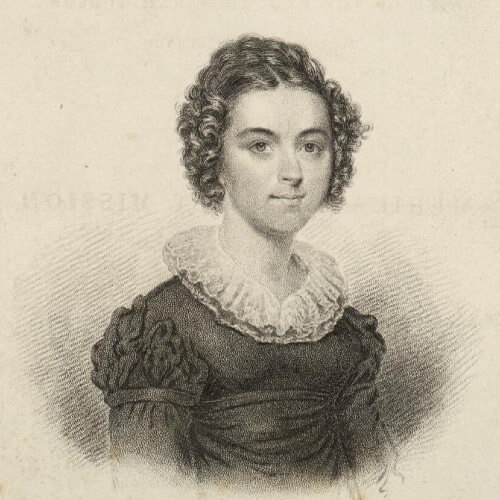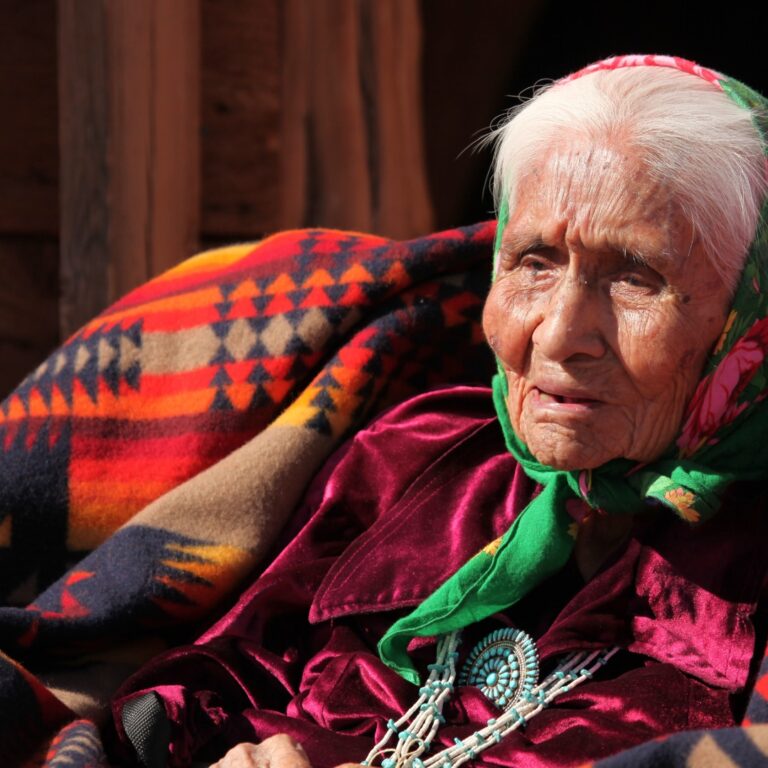Following God’s powerful intervention in his life (see previous post) Adoniram Judson surrendered to the Lord. Two events then coincided in his life. The first was his call to missions. The second was his marriage. Judson had visited the Hasseltine family, who were also involved in foreign missions. John Hasseltine was a deacon at the church that hosted the gathering that, in 1810, founded the American Board Of Commissioners For Foreign Missions. Judson fell in love with the family’s youngest daughter, Ann.
He soon proposed marriage. Judson’s letter to Ann’s father, requesting for her hand in marriage, is probably somewhat unique in mission history. “I have now to ask whether you can consent to part with your daughter early next spring, to see her no more in this world; whether you can consent to her departure to a heathen land, and her subjection to the hardships and suffering of a missionary life? Whether you can consent to her exposure to the dangers of the ocean, to the fatal influence of the southern climate of India, to every kind of want and distress, to degradation, insult, persecution, and perhaps a violent death. Can you consent to all this, for the sake of Him who left His heavenly home and died for her and for you; for the sake of perishing immortal souls; for the sake of Zion, and the glory of God?”
Some narratives might say father and daughter leapt at that rather unusual request for Ann’s hand in marriage, but probably the most true account is that “Ann and her family struggled with this request, ultimately deciding to trust her future to God.” Adoniram Judson and Ann Hasseltine Judson were married in 1812 at the ages of 24 and 22, and immediately set sail for India.
God had already begun a work in Ann’s life before she met Adoniram. She was persuaded to "seek a life of usefulness”, beginning as a teacher until her marriage. Subsequent to her marriage and the entry into cross-cultural mission, Adoniram’s prophetic marriage proposal certainly turned out to be accurate. During the the first Anglo-Burmese War (1824–26), Adoniram “was imprisoned for 17 months under suspicion of being an English spy, and Ann moved into a shack outside the prison gates so as to support her husband. She lobbied vigorously for months to convince the authorities to release her husband and his fellow prisoners, but her efforts were unsuccessful. She also sent food and sleeping mats to the prisoners to help their time in prison to be more bearable.”
Rather than just enduring, “Ann wrote stories of life on the mission field and the struggles she faced. She wrote tragic descriptions of child marriages, female infanticide, and the trials of the Burmese women who had no rights except for the ones their husbands gave them. She wrote a catechism and translated the books of Daniel and Jonah into Burmese. She was the first Protestant to translate any of the Scriptures into Thai when in 1819 she translated the Gospel of Matthew. Her letters home were published in periodicals such as The American Baptist Magazine and republished after her death as devotional writings, making both her and Adoniram celebrities in America. Her work and writings made the role of missionary wife as a 'calling' legitimate for nineteenth-century Americans. Her sacrifice and the many letters she had written home to curious audiences describing their endeavours made her one of the most beloved missionary heroines America has ever known.”
There is no doubt that Ann was a remarkable woman whose love for the Lord and service in cross-cultural mission equalled Adoniram’s. She was his partner in every sense of the word, a woman whose own walk with the Lord and contribution to the people of Burma sustained her through the dark times, and caused her, through her letters and writings, to impact many lives before she died, early, in 1826.
How important is marriage in the life of a missionary? Some missionaries remain single. For those who feel called to marriage, there is a critical principle in this matter which is summed up in a Chinese expression: 先有异象,后有对象. It means “first make your calling clear; only after that find your partner.” How many are there whose calling has been curtailed because their husband or wife or future one did not share in their calling? Judson in his extraordinary proposal quoted above made that order very clear. Speaking personally, part of God’s significant grace in my life has been to give me a wife whose calling to mission is as strong as mine. To any who sense a call to cross-cultural mission, my instruction would be to wait on the Lord to make sure your 对象 (future partner) shares your 异象 (calling and destiny). Ann certainly did.
Read Part 3 - Four Lessons from the Life of Adoniram Judson
Sources: Wikipedia; Others.
Photo Credit: By Richard Woodman - This image is available from the National Library of Wales You can view this image in its original context on the NLW Catalogue, Public Domain - View Image Source
Read more stories from Missionary Heroes










